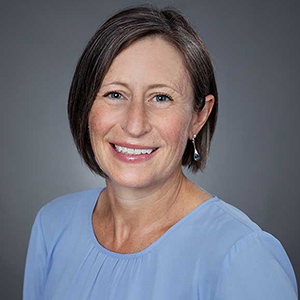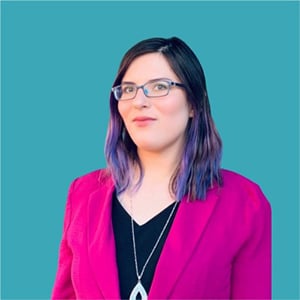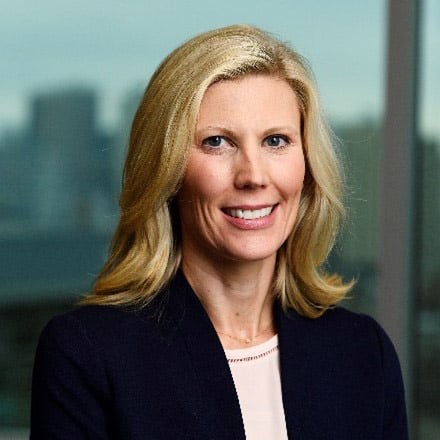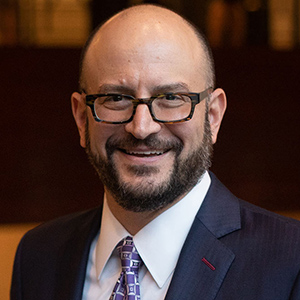Bonnielin Swenor
Panelist
Johns Hopkins Disability Health Research Center
Bonnielin Swenor is the Endowed Professor of Disability Health and Justice at Johns Hopkins University with joint appointments at the Johns Hopkins Schools of Medicine, Nursing, and Bloomberg School of Public Health. She is the founder and director of the Johns Hopkins Disability Health Research Center, which uses data-driven approaches to shift the paradigm from ‘living with a disability’ to ‘thriving with a disability’. Motivated by her personal experience with disability, her work is focused on advancing equity for people with disabilities, promoting disability inclusion and accessibility, and developing evidence-based and disability-inclusive policies, with a focus on STEM settings. Dr. Swenor is an internationally recognized expert on disability data and has provided advice and expertise to multiple organizations and agencies, including the World Health Organization, White House Office of Science and Technology Policy, the National Academy of Science, Engineering, and Medicine, the National Institutes of Health, and the National Governors Association. Her work has been published in leading academic journals, such as the New England Journal of Medicine (NEJM), The Journal of the American Medical Association (JAMA), and the Lancet, and has been featured in multiple news outlets, including the New York Times, the Washington Post, and TIME magazine. Dr. Swenor also has a track record of translating research into policy change, as she played a pivotal role in national advocacy that led the NIH to designate people with disabilities as a health disparity population.













